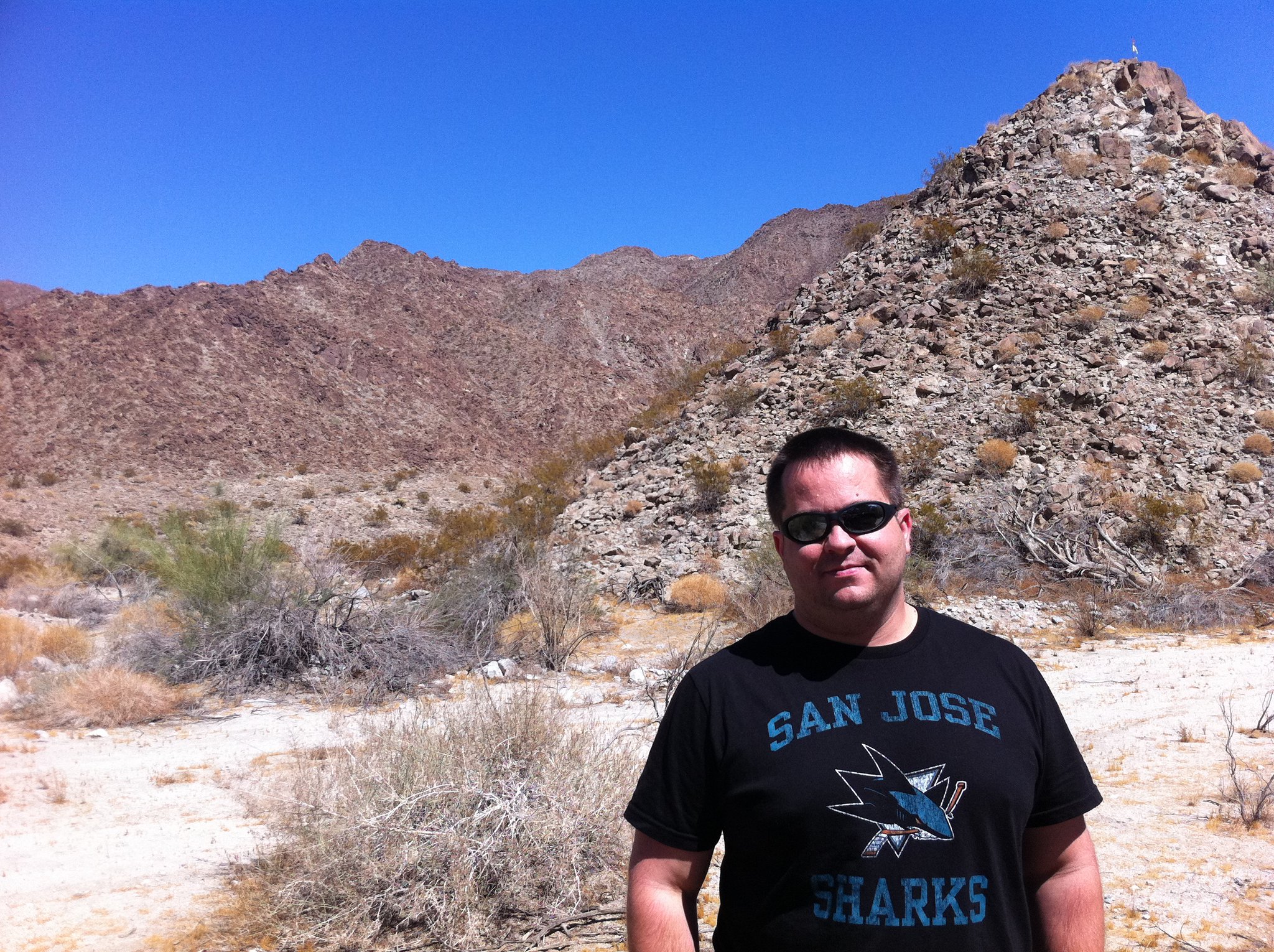Matthew MacManes, PhD 
Assistant Professor
University of New Hampshire
Dept. of Molecular Biology
Website: genomebio.org
What inspired you to start research in computational biology?
In a general sense, I was inspired to become a computational biologist in an attempt at merging my love of natural history with the study of evolutionary genomics, though more specifically, I trace my path back to a single question asked by my PhD mentor Eileen Lacey: "What is your dream research project?"
I described a project where the genetic underpinnings of a behavior could be fully described via the study of gene expression, allelic variation, and methylation states. Though completely infeasible then, this type of study went from far-fetched to totally reasonable in just a few years. When I realized that I could do actually *do* my dream study, I launched myself head first!
What are 5 important skills needed for your research?
- A deep understanding of the biological process I'm studying
- Computer Science broadly defined - understanding computer hardware, software, networks, etc.
- Determination/Patience: Programming can be extremely difficult, and sometimes giving up on a particular problem seems like a good idea. The difference between a successful scientists and a non-successful scientist is often his or her determination to solve the given problem.
- Communication: Science does not occur in a vacuum, so best learn to communicate with those you work with.
- Multitasking/time management, for obvious reasons.
How did you learn the computational and quantitative skills necessary for your work?
I learned almost all of my programming skills via a brute force approach, as I had very little formal training (a 2 week python class). I bought a book, spent many hours looking at online resources, studied other people's code. A LOT of trial and error and messing things up. This may not be the most efficient way to learn.
What important questions do you address in your research?
I work on a rodent that is highly adapted to desert conditions. This animal, the cactus mouse, may never drink water or urinate. I am trying to understand the genetics of this amazing phenotype using laboratory animals of the same species, held in a specially designed desert chamber capable of replicating desert conditions. I use methods in genomics and computational biology.
Additional thoughts...
As a scientist of Native American (Cherokee) descent, I appreciate some of the challenges faced by young Native American and Chicano scientists. To this end, the lab is hoping to recruit a diverse cadre of graduate and undergraduate students. Please contact me if interested! Potential postdoctoral fellows are especially encouraged to see the recent NSF Postdoctoral Research Fellowships in Biology announcement (http://www.nsf.gov/pubs/2015/nsf15501/nsf15501.htm) which aims specifically to broaden participation in the Biological Sciences by supporting scientists from underrepresented groups.
